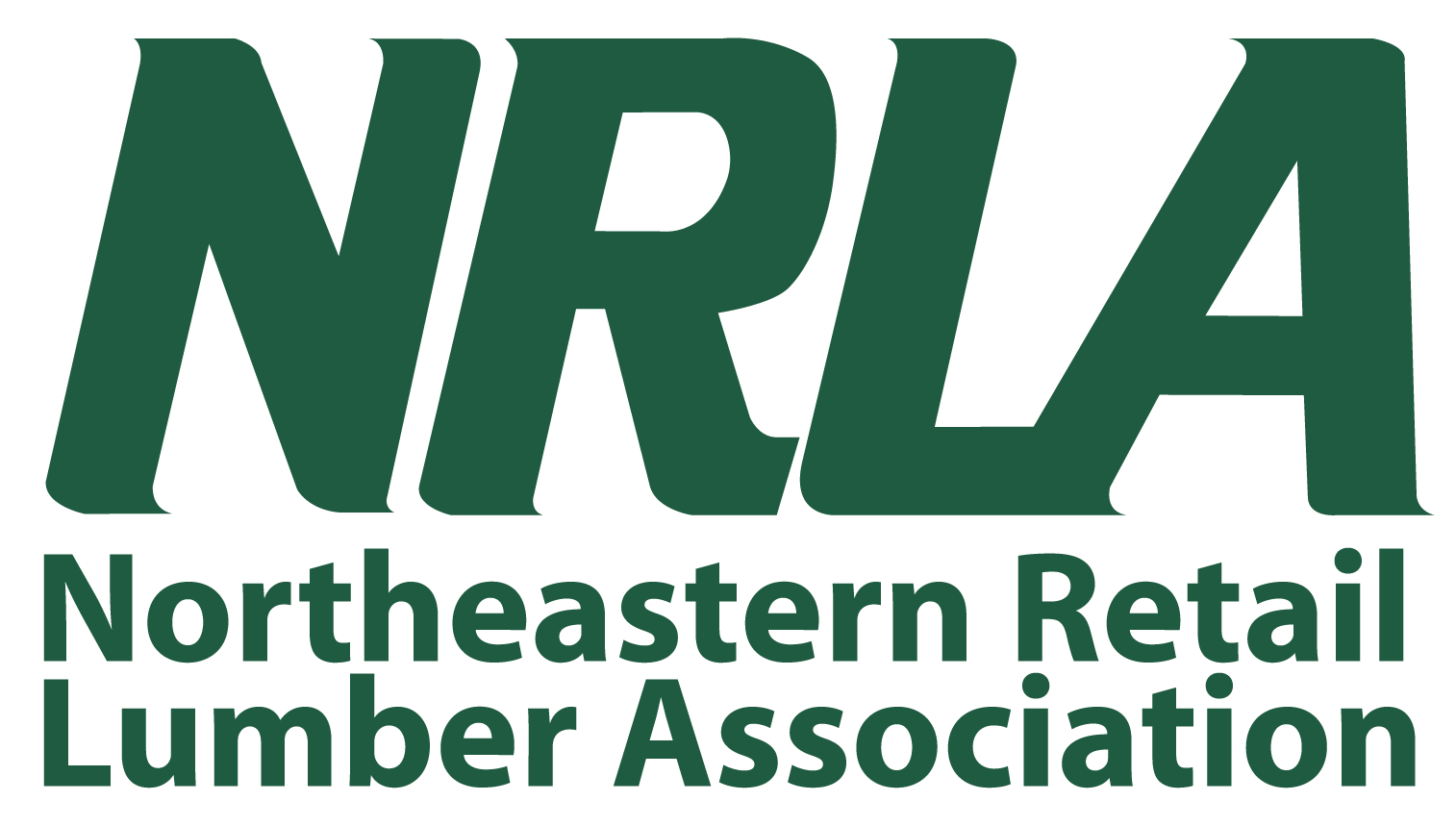State to Create Green Bank for Housing Energy Retrofits
Governor Maura Healey has announced that her administration will create a “green bank” that is designed to pay for building retrofits and new construction of decarbonized buildings in Massachusetts. The Massachusetts Community Climate Bank will receive $50 million from the Department of Environmental Protection and will be managed by MassHousing. Massachusetts will be the first state to establish a green bank within its housing finance agency to make affordable housing the focus of its strategy.
The Governor said the green bank expects to provide low-cost capital to promote the integration of efficient clean energy technology into affordable housing development, and mortgage products for home improvements. The goal of the program aims is to accelerate the work on building decarbonization projects by lending directly to building owners and by attracting loans or investments from private lenders. The program will help pay for heat pumps, building envelope efficiency upgrades such as energy-efficient windows and insulation, high-efficiency appliances, and solar panels as part of affordable housing renovations.
Massachusetts law requires a minimum 50 percent reduction in emissions by 2030, a reduction of 75 percent by 2040, and at least 85 percent by 2050. The building sector is responsible for more than 25 percent of greenhouse gas emissions in Massachusetts and can be responsible for as much as 70 percent of total greenhouse gas emissions in the state’s cities. Because buildings last for decades, the state is emphasizing retrofits as part of its decarbonization strategy. Officials estimate that more than 80 percent of the buildings that will exist in 2050 are already built.
The Governor said the new bank will focus first on the affordable housing market since low- to moderate-income residents pay a disproportionate share of their income towards energy costs, have less control over their residences, and have fewer resources to invest in clean energy technology. The bank will then diversify its investments to include other decarbonization measures that will benefit all residents of the Commonwealth.
State Issues New Regulations on Septic System Repairs
The Department of Environmental Protection has published its final regulations governing on-site septic systems that are designed to help address the excessive nutrient levels in local water supplies that are caused by inefficient septic systems. The regulations primarily target communities on Cape Cod that suffer from significant nitrogen pollution in their waterways. These regulations focus only on communities with watersheds that have been found to be impaired due to this pollution. Under the rules, MassDEP will automatically designate 30 watersheds on Cape Cod as “Nitrogen Sensitive Areas” when the regulations become effective on July 7.
The impacted communities will have two years to opt into a new 20-year watershed permitting process that will allow communities to design wastewater solutions that are intended to be tailored to specific community needs. This includes installing a community sewer system, which is considered to be the most effective way to reduce unwanted nutrients in water systems.
New construction in the affected communities that do not obtain a watershed permit for a nitrogen-sensitive watershed within the two-year period will be required to install septic systems that included enhanced nitrogen-reducing treatment technology. Existing property owners will be required to upgrade their systems within five years. Failed and underperforming septic systems are a leading cause of pollution in Cape Cod’s fresh and saltwater systems. The new septic systems are designed to remove up to 90 to 95 percent of the nutrients in wastewater before releasing it into the ground. The new systems are expected to range in cost between in price between $20,000 to $40,000.
Governor Healey said her administration will work with communities and homeowners to reduce the cost of compliance. The Governor and the Senate both proposed increasing tax credits for septic tank replacements in a tax relief bill that is currently being negotiated by a joint House and Senate Conference Committee.
Tax Reform Bills Sent to Conference Committee
The Massachusetts House and Senate have approved different versions of the tax reform legislation that was filed earlier this year by Governor Healey. The two different versions will now be considered by a six-person joint House and Senate conference committee for the purposes of producing a final proposal.
The House’s version would reduce the current 12% tax rate on short-term capital gains to 8% for the first year and to 5% in year two. Their bill also increases the estate tax threshold from $1 to $2 million and eliminates the current language that applies the estate tax to the first dollar once the threshold is met. The House also establishes a single sales factor apportionment for companies located in Massachusetts that operate in other states. The corporate income tax will be based solely on in-state receipts, matching how 39 other states calculate the tax.
The Senate version includes the same change to the estate tax but did not include a proposal to decrease the capital gains tax rate or the corporate tax apportionment law. The Senate did increase funding for the Housing Incentive Tax Credit Program which provides credit to developers to build market-rate housing in the gateway cities. The proposal increases the current $10 million annual credit allocation to $50 million for year one with a permanent annual funding level of $30 million. The Senate bill also triples the current tax credit for the repair of failed septic systems. The current law provides homeowners whose primary residence is in Massachusetts to receive a tax credit equal to 40 percent of the amount to design, install or repair a septic system with the maximum credit set at $6,000. Homeowners can claim a $1,500 tax credit each year for four years. The Senate increases the total credit to $18,000, which increases the annual credit amount to $4,000. Governor Healey proposed doubling the tax credit to $12,000 while the House failed to address this issue in their tax reform legislation.


